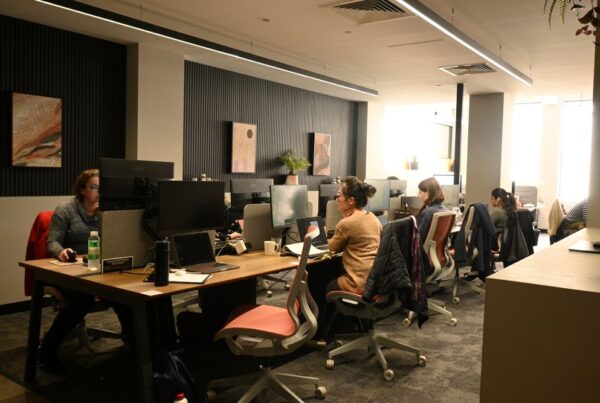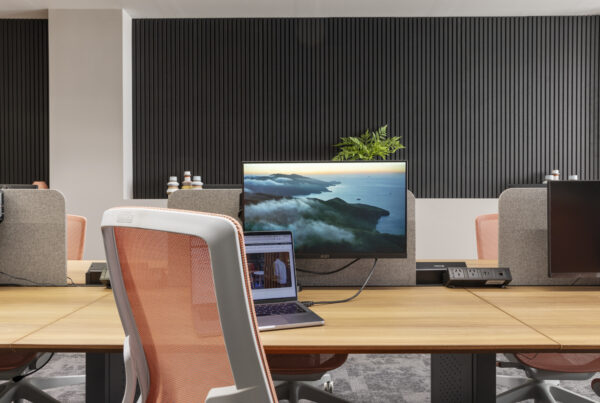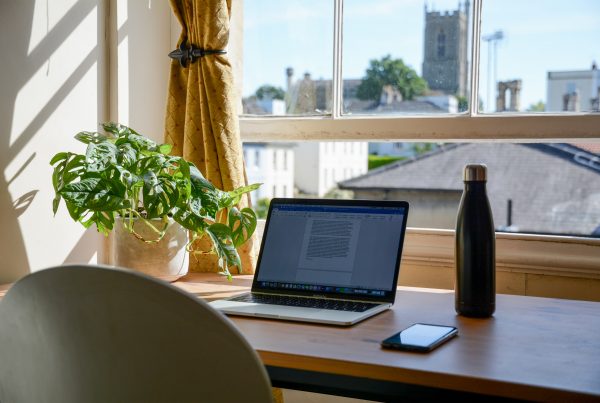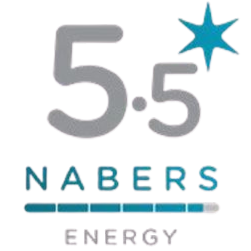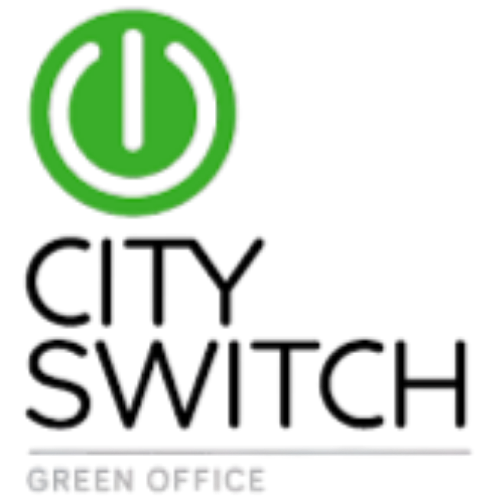
Coworking spaces are no longer just for freelancers in creative industries. Today, consultants, start-ups, small businesses, and even employees of larger firms use coworking hubs as flexible work environments. They provide networking opportunities, professional meeting rooms, and a sense of structure that working from home often lacks. With this rise in popularity, many professionals ask: Are coworking spaces tax deductible in Australia?
The answer is often yes, but the rules are not one-size-fits-all. Your eligibility depends on how you use the space, whether the cost is directly tied to earning income, and whether you have records to support your claim. Below, we break down the details according to ATO guidance and real-world scenarios.
The ATO’s General Rule for Tax Deductions
The ATO allows you to deduct expenses that are:
- Directly connected to earning income
- Not private or domestic in nature
- Not capital expenses (unless claimed through depreciation or capital allowances)
Coworking memberships and desk rentals are considered operating expenses, similar to paying rent for an office. If the coworking space is genuinely used for business activities, such as meeting clients, working on projects, or delivering services, then the cost is typically deductible in the year it was incurred.
Example:
If you pay $500 per month for coworking space and it is entirely for your freelance work, you can usually deduct the full $6,000 spent over the financial year.
This principle provides the foundation for how coworking expenses are assessed, but eligibility changes depending on your work structure.
Who is eligible to claim a tax deduction?
The eligibility to claim tax deductions depends on the specific expenses, the tax-deductible amount, and the individual’s circumstances. Generally speaking, to be eligible for a tax deduction, the following criteria must be met:
1. Expense criteria
The expense or deduction being claimed must be incurred in the production or payment of assessable income, or it must be directly related to earning income. For example, the most common tax deduction expenses include work-related expenses, self-education expenses, investment expenses, and donations to eligible charities.
2. Documentation and substantiation
It’s important to keep proper records and documentation to support your claims. This includes receipts, invoices, and other expenses that prove the expenses were incurred. Failure to keep relevant documentation often results in declined claims.
3. Residency and income criteria
Individuals must be Australian residents for tax purposes. Non-residents may also be eligible for deductions related to Australian-sourced income. Additionally, the taxes claimed should not exceed the income earned during that tax year.
4. Compliance with tax laws
It’s crucial to comply with all relevant tax laws and regulations while claiming deductions. It’s advisable to consult with a qualified tax professional. You can also refer to the Australian Taxation Office (ATO) guidelines for specific information. This information is related to specific industries.
Overall, it is important to note that each deduction category may have specific eligibility requirements and limitations. Furthermore, you should most definitely consult with a tax professional or refer to the ATO website for detailed information about specific deductions and eligibility criteria.
What are the different types of tax deductions?
In Australia, there are various types of tax deductions that individuals and businesses can claim, subject to meeting certain criteria. Here are some of the most common types of tax deductions in Australia:
Work-related expenses
These tax deductions for small business apply to expenses incurred in the course of performing your job or business, such as uniforms, equipment, tools, and work-related travel expenses. It’s important to ensure that these expenses are directly related to your work and not private.
Self-education expenses
You may be eligible to claim deductions for expenses related to self-education or professional development. These may include course fees, textbooks, and travel expenses. The education must be directly related to your current employment or a field in which you are employed or have the potential to be employed.
Investment expenses
If you have invested in income-producing assets, you may be able to claim deductions for expenses. These can be associated with managing and earning income from those investments. This can include interest on loans used to finance investments, investment property expenses, and financial advisor fees.
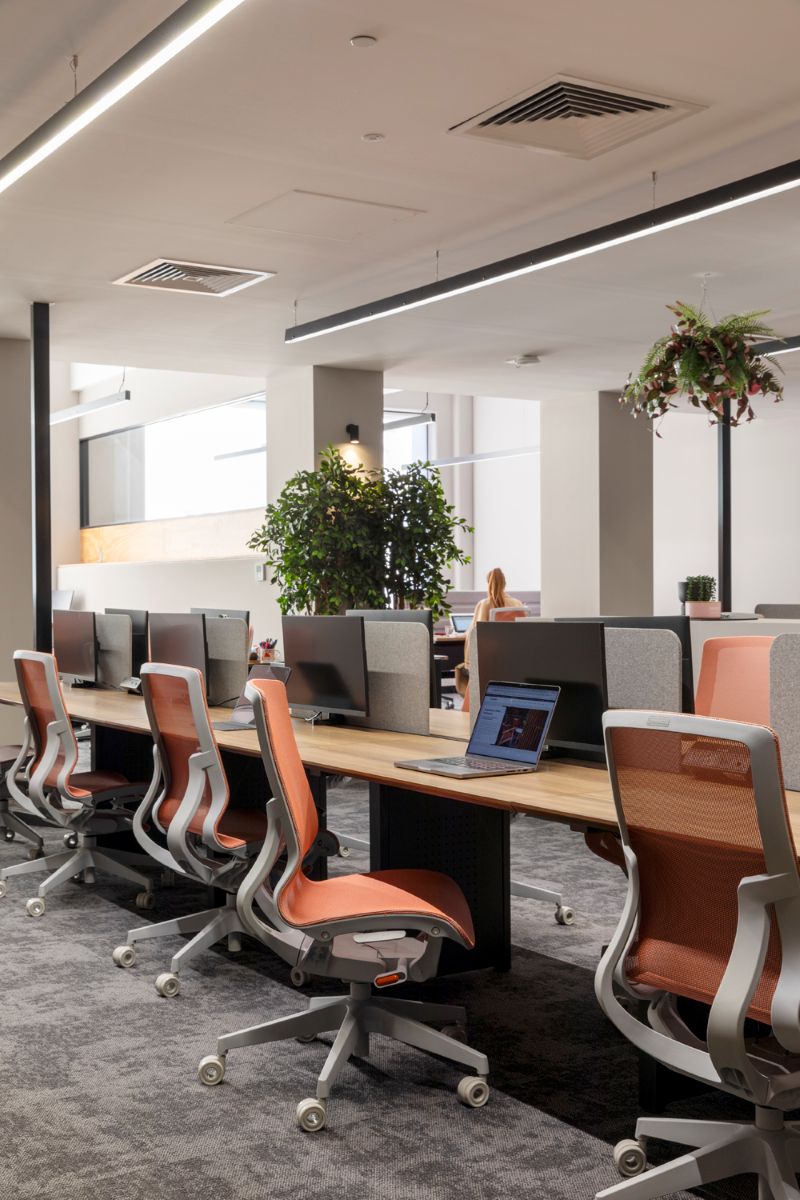
Donations to eligible charities
Donations made to registered charities and deductible gift recipients (DGRs) can be claimed as deductions. However, there are specific conditions and thresholds for different types of charitable donations, so it’s important to check the requirements set by the ATO.
Medical expenses
Some medical expenses may be eligible for tax deductions. However, the eligibility and conditions for claiming medical expense deductions have changed in recent years, and they are now limited to certain types of expenses and income thresholds. It’s advisable to refer to the ATO guidelines for specific details.
Workspace
If you work from home, you may be eligible to claim deductions for home office expenses, including a portion of your rent or mortgage interest. Other expenses you may be eligible to claim may be utilities and home office equipment. However, specific conditions and record-keeping requirements apply to this.
In short, these are just a few examples of tax deductions available in Australia. It is important to consult with a tax professional or refer to the ATO guidelines to understand the specific eligibility criteria and limitations for each type of deduction.
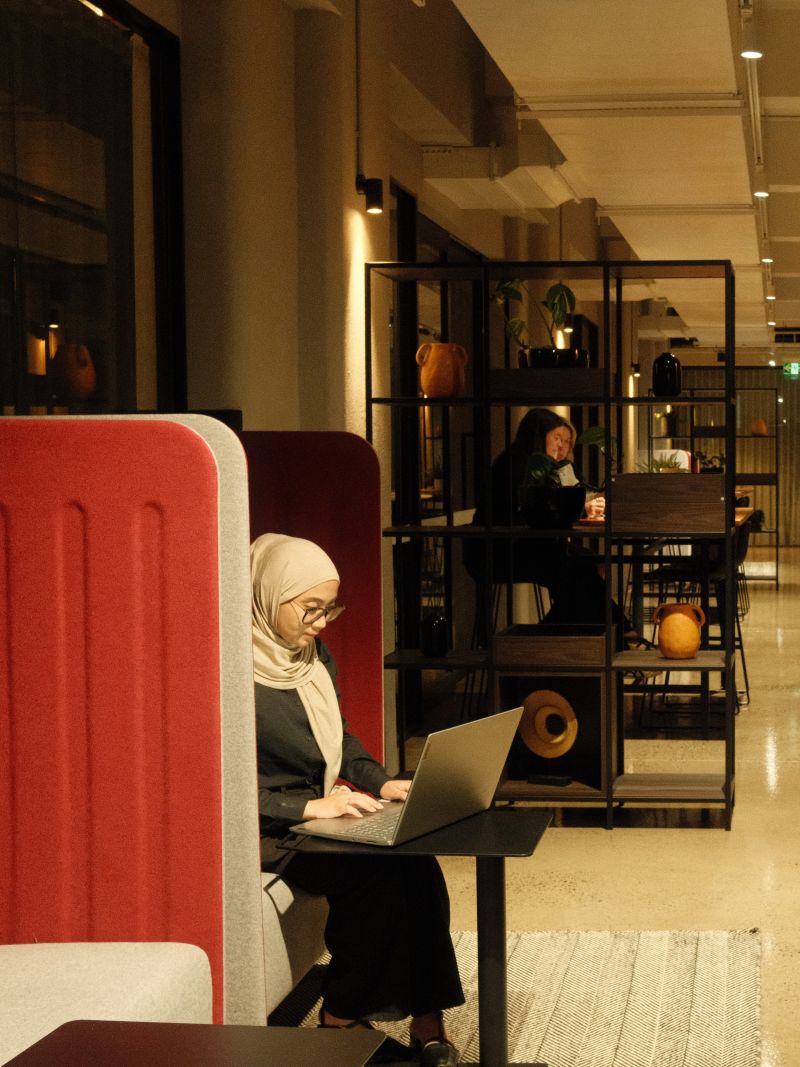
Are coworking spaces tax deductible in Australia?
Are coworking spaces tax deductible in Australia? You may be able to claim tax deductions for coworking space rent expenses in Australia under certain circumstances. However, it’s important to note that tax laws can be quite complex, and it’s advisable to consult with a qualified accountant or tax professional or refer to professional advice from the Australian Taxation Office (ATO) for personalized advice.
If you use your own house, own room, office space, or a coworking space for work-related purposes regularly, you may be able to claim the expenses as a deduction.
Here are a few key points to consider:
Substantiation
You must be able to substantiate the expenses with proper records. These may include invoices or receipts that clearly indicate the amount, date, and purpose of the expense.
Business use
The expenses must be directly related to your work and have a clear connection to the income you earn. Furthermore, if you use the coworking space for both personal and business purposes, you can only claim the portion that is attributable to your work activities.
Eligible expenses
Deductible expenses may include rental fees for the coworking space membership fees, and other costs directly associated with using the space for work purposes. However, expenses that are of a private or domestic nature are generally not deductible.
Self-employed or employee
The rules for claiming coworking space expenses may differ depending on whether you are self-employed or an employee. Self-employed individuals may have more flexibility in claiming these expenses, while employees might need to meet specific criteria to be eligible.
It’s important to keep in mind that tax laws and regulations can change. Therefore, it’s essential to consult the latest information from the ATO or seek professional tax advice. Ensure compliance with current regulations and determine if you are eligible to claim deductions for coworking space expenses.
Why are coworking spaces tax-efficient?
Coworking spaces can be tax efficient in Australia for some clients for various taxes and reasons:
Deductible Business Expense
When you use a coworking space for business purposes, the expenses incurred can be considered as deductible business expenses. This means that you may be able to claim these expenses as deductions when calculating your taxable income. By reducing your taxable income, you may potentially lower your overall tax liability.
Cost Allocation
When you use a coworking space, you typically pay a membership fee or rental fee for the workspace. These expenses can be allocated as business expenses, allowing you to claim a portion of the cost proportionate to your business use. This can be advantageous if you primarily use the coworking space for work-related activities.
Flexibility for Self-employed Individuals
Self-employed individuals, such as freelancers or independent contractors, often find coworking spaces beneficial as they provide a professional work environment without the commitment of a long-term lease. The ability to claim the expenses incurred in a coworking space as a tax deduction can help offset some of the costs associated with running a business.

Additional Deductible Expenses
In addition to the membership or casual office rental fees, there may be other deductible expenses associated with using a coworking space. These may include costs related to internet access, office supplies, meeting room bookings, and other business-related services provided by the coworking space. These expenses can further reduce your taxable income.
It’s important to note that the specific tax efficiency of coworking spaces will depend on your individual circumstances, such as your business structure, the extent of your business use, and compliance with tax laws and regulations. As always, it is recommended to consult with a qualified tax professional or refer to the Australian Taxation Office (ATO) for more personalized advice regarding your specific situation.
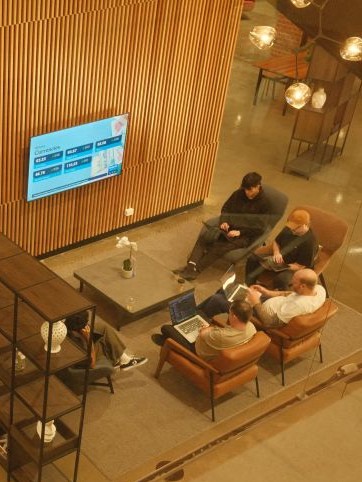
What Other Coworking Costs Can Be Deductible?
Coworking isn’t just about desk space. Many hubs provide services and add-ons that may also qualify as deductions:
- Meeting rooms and boardrooms are used for client pitches or team strategy sessions
- Event spaces hired for workshops or seminars
- Printing and stationery purchased through the coworking provider
- High-speed internet or phone services if billed separately
- Business events or workshops hosted at the coworking centre, if they directly relate to your income
If your business is GST-registered, you can also claim input tax credits for GST paid on coworking invoices (provided they are valid tax invoices).
Risks and ATO Scrutiny
Double Dipping
Trying to claim both coworking and full home office occupancy for the same hours is a common red flag. The ATO may reject your claim or apply penalties.
PSI (Personal Services Income)
If your income is categorised as Personal Services Income (PSI), there are restrictions on the types of deductions you can claim. This could limit how much coworking space cost you deduct.
Capital Gains Safety
One advantage of coworking is that it avoids capital gains tax risks tied to home office deductions. If you dedicate part of your home as a business premise and claim occupancy costs, you may face CGT implications when selling your home. Coworking avoids this entirely.
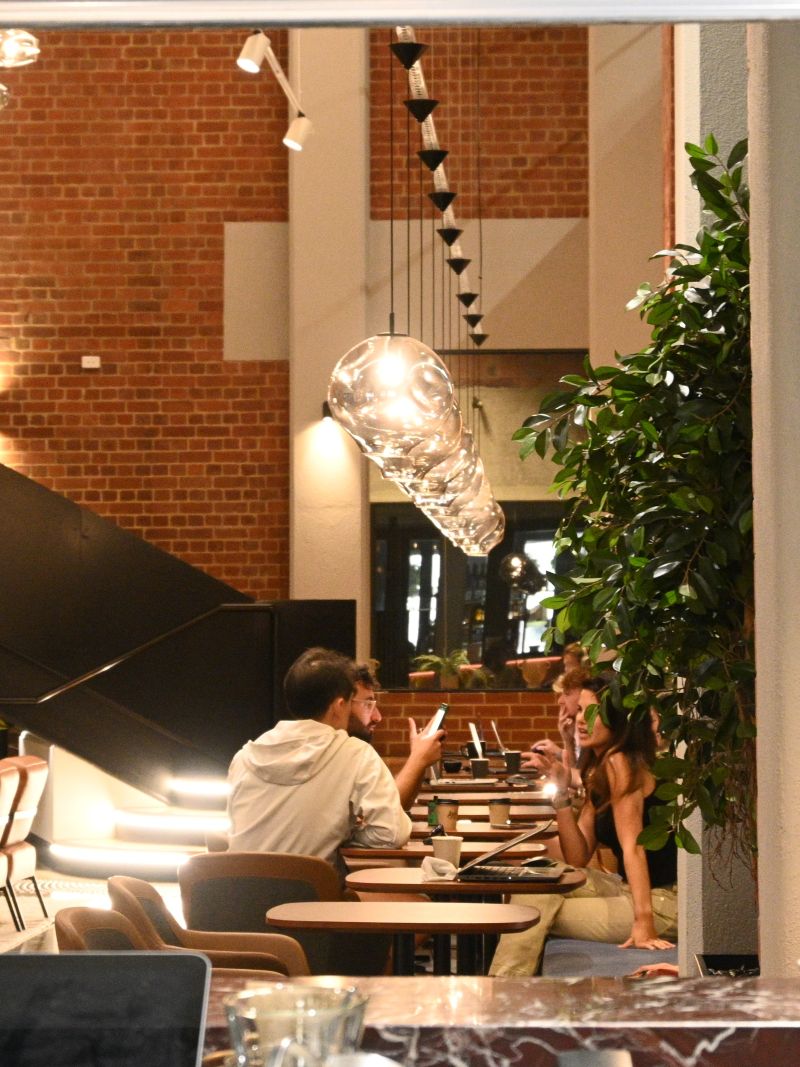
Read our Latest Blog: Why is sustainability important in the workplace?
Join the Coworking Space in Australia at United Co.
United Co. embraces the dynamic shifts in the modern workplace and recognizes the importance of flexibility, collaboration, and technological advancements. With the implementation of remote work options, flexible schedules, and state-of-the-art digital tools, United Co. empowers employees to thrive in an ever-evolving professional landscape. By fostering a culture of innovation and adaptability, United Co. positions itself as a forward-thinking organization, prepared to navigate the challenges and seize the opportunities of the future of work in Melbourne.
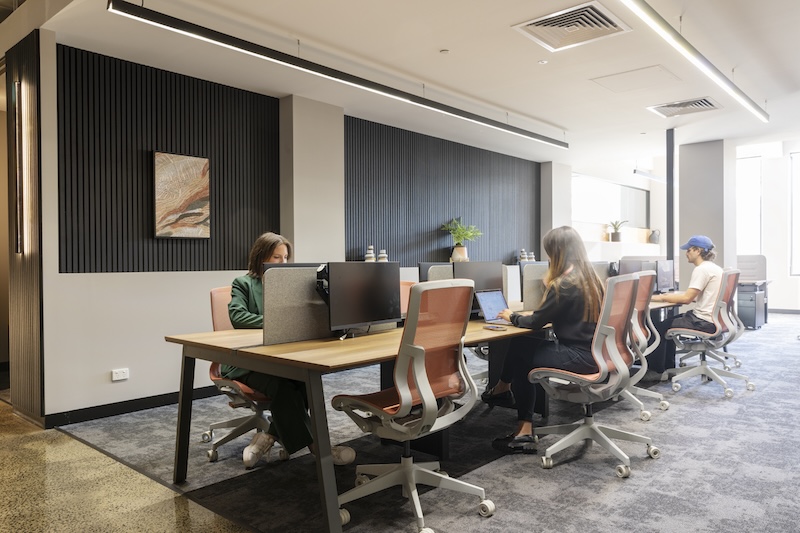
United Co.
425 Smith St.
Fitzroy VIC 3065
Melbourne, Australia
Wurundjeri Country

